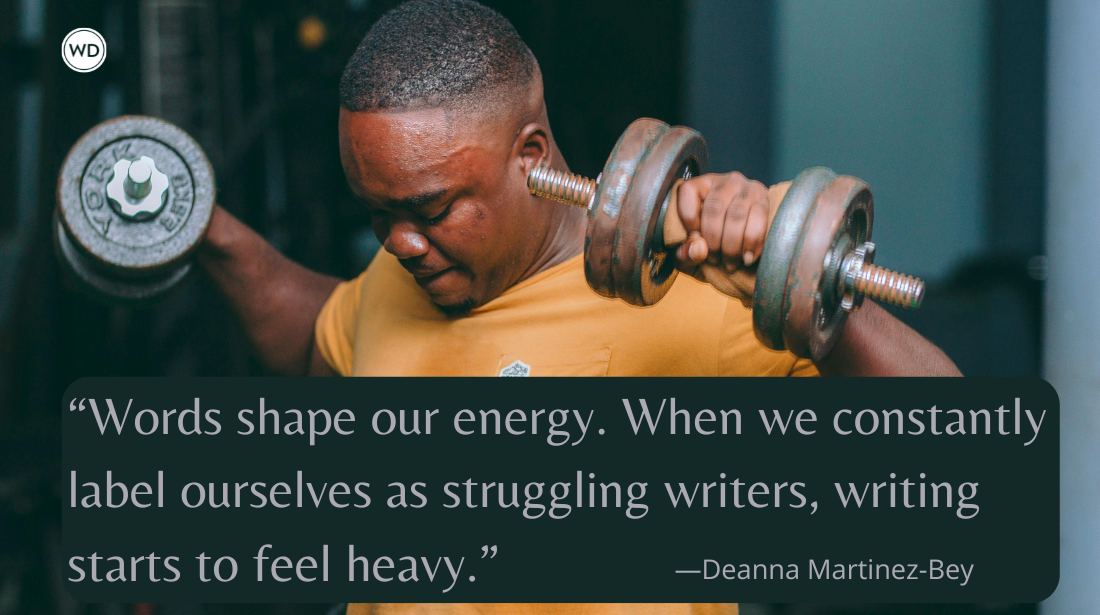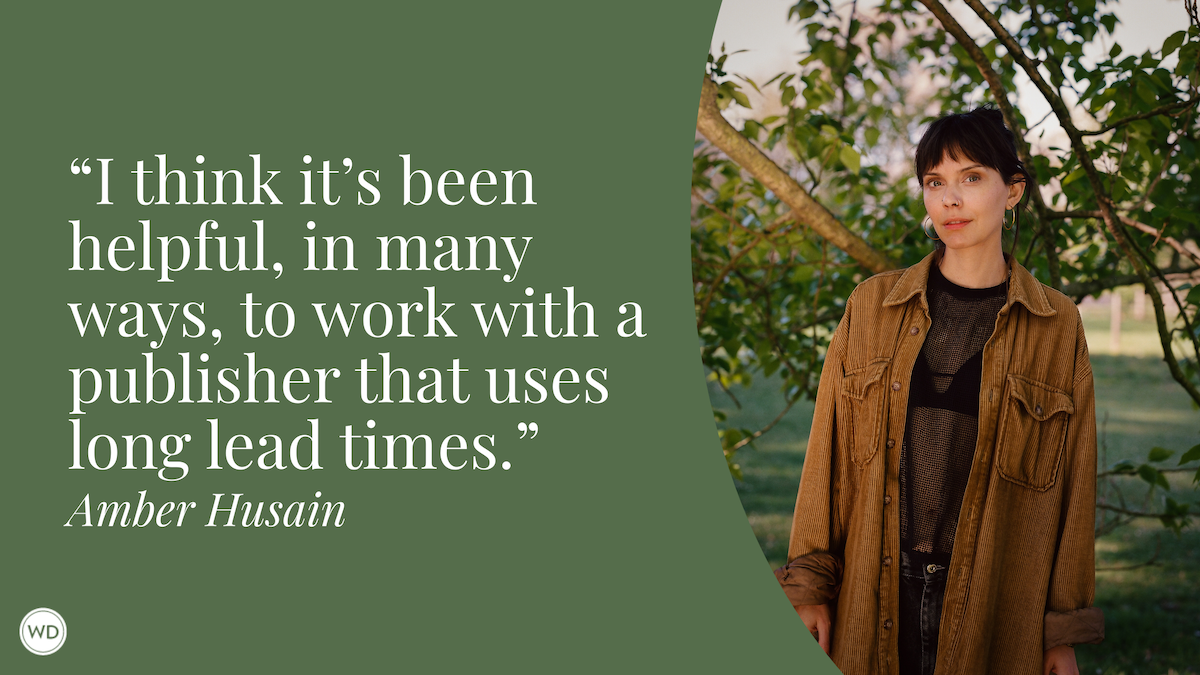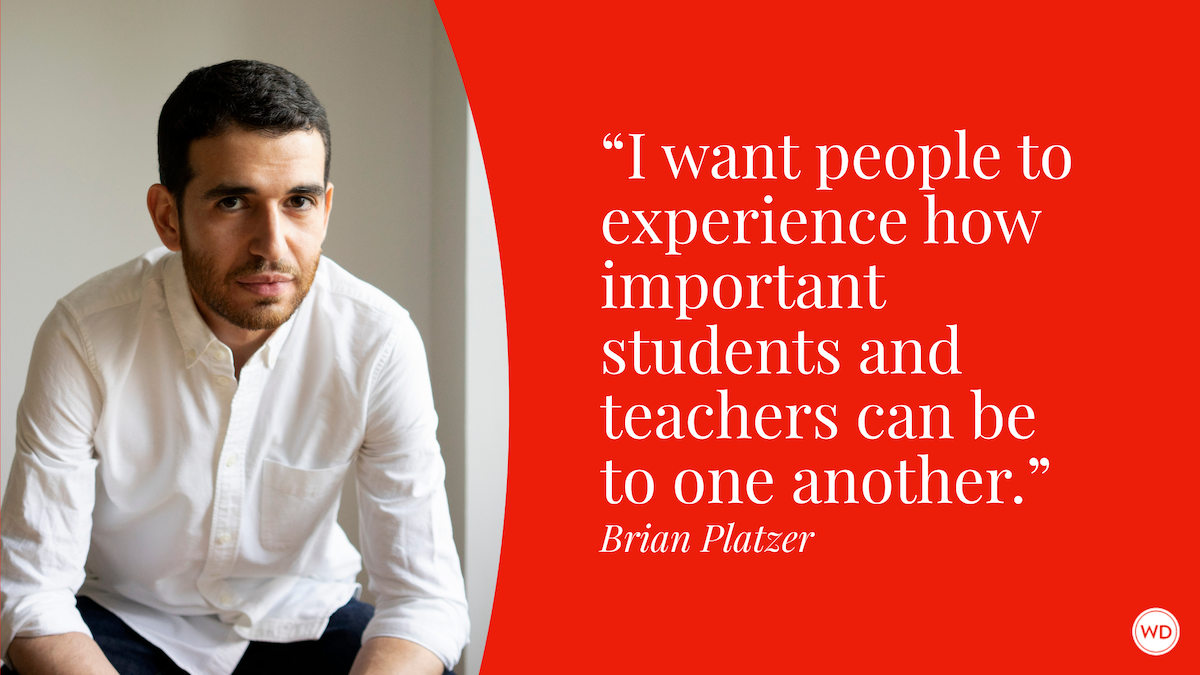P.E. Moskowitz: Don’t Be Afraid To Experiment
In this interview, author P.E. Moskowitz discusses using their journalistic skills to help write their new book, Breaking Awake.
P.E. Moskowitz is a writer born and raised in New York City. Their writing has appeared in New York magazine, GQ, The Nation, and many other places. They run a popular Substack newsletter about psychology, psychiatry, and culture called Mental Hellth. When they’re not writing, they’re probably playing tennis, chilling with friends across the city, or watching the Mets lose again. For more information, visit their website at Moskowitz.xyz, and follow them on X (Twitter) and Instagram.
In this interview, P.E. discusses using their journalistic skills to help write their new book, Breaking Awake, their advice for other writers, and more.
Name: P.E. Moskowitz
Literary agent: Melissa Flashman
Book title: Breaking Awake: A Reporter’s Search for a New Life, and a New World, Through Drugs
Publisher: Atria (S+S) U.S.; Bloomsbury U.K.
Release date: September 9, 2025
Genre/category: Memoir; nonfiction
Previous titles: How to Kill a City; The Case Against Free Speech
Elevator pitch: In August 2017 a car ploughed into a crowd of peaceful marchers in Charlottesville, Virginia, where I was reporting on a far-right rally. For me, this was a shattering near-death experience, followed by a nervous breakdown. As I willed myself back to life using a variety of drugs, both prescription and illegal, I started to wonder: why do so many of us need drugs to quell the pain of modern life?
What prompted you to write this book?
I experienced a PTSD-induced mental breakdown in 2017. And I thought my life was over. It took several years to rebuild a semblance of a life. Drugs became important parts of the healing process for me. They helped me quell the pain I felt from nearly dying. And, later, they helped me gain perspective and reenvision my life and therefore rebuild it. The story we’re so often told about drugs is purely negative, so I wanted to use my journalism skills to show a different side of them—how they helped me, how they can help other people. To that end, I wanted to write about my own story but also travel the country and write about other people who use drugs in interesting ways, ways that counter the mainstream narrative on drug use.
How long did it take to go from idea to publication? And did the idea change during the process?
I first had the idea for a book based on my experience of PTSD and drug use about five years ago. After that, I wrote a pretty standard book proposal and attached an article I’d written about antidepressants for The Nation and sent that to my agent. She helped me edit the proposal a bit, and it sold pretty quickly after that. The actual writing and reporting process took about 2.5 years from there, and then editing and publication another year or so.
The overall structure of the book is very similar to what I’d envisioned—combining memoir, reportage, and history and theory. But a lot of the reporting I did changed my mind or redirected my research, so the actual content of the book is different than it was at the very beginning.
Were there any surprises or learning moments in the publishing process for this title?
This was the first time I’d gone through several rounds of edits on a book. My editor, Stephanie Hitchcock, is brilliant and thorough and really pushed me to concretize my arguments and make the memoir sections as effective as they could be. I don’t know if that was a surprise per se, but in an era when thorough editing is ever-rarer, it was very welcome. I really enjoyed being pushed to say what I mean; in essence, to become a better writer.
Were there any surprises in the writing process for this book?
Every reporting trip was a learning moment for me. My favorite part of being a journalist is getting to know random people on a deep level for a few days or weeks and learning from them. Meeting drug users and people dealing with trauma from so many different backgrounds helped me feel less alone in my own struggles. And I guess I was surprised by just how similar all of our stories are—whether we’re taking antidepressants in the suburbs or taking heroin on city streets, so many of us are simply trying to quell the pain of our particularly depressing era.
What do you hope readers will get out of your book?
I hope it helps people feel less alone. We’re so often conditioned to think of our struggles as individual or chemical in nature, when really we’re all facing the same pressures of an increasingly frayed and dangerous world. There’s no solution to this era of encroaching fascism that isn’t worked on as a collective, and forming a collective starts with realizing we’re all in the same boat, that our internal struggles are really one, big external struggle.
If you could share one piece of advice with other writers, what would it be?
Be weird. Listen to all the advice you can, understand structure, understand how things should be done, but then get weird with it. Don’t be afraid to experiment with structure and prose and form. So many nonfiction books follow a very similar formula these days. I hope more people push the boundaries of that!








